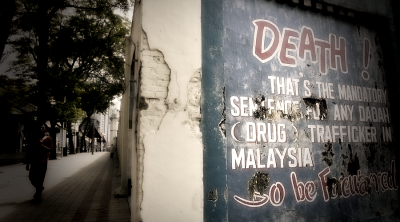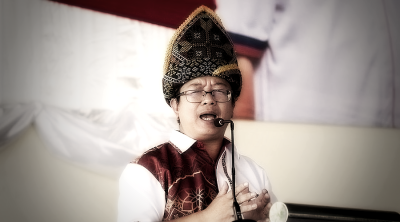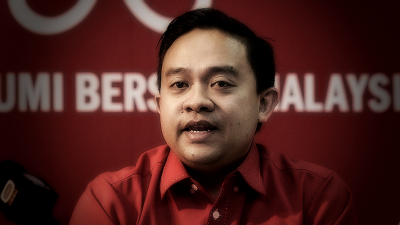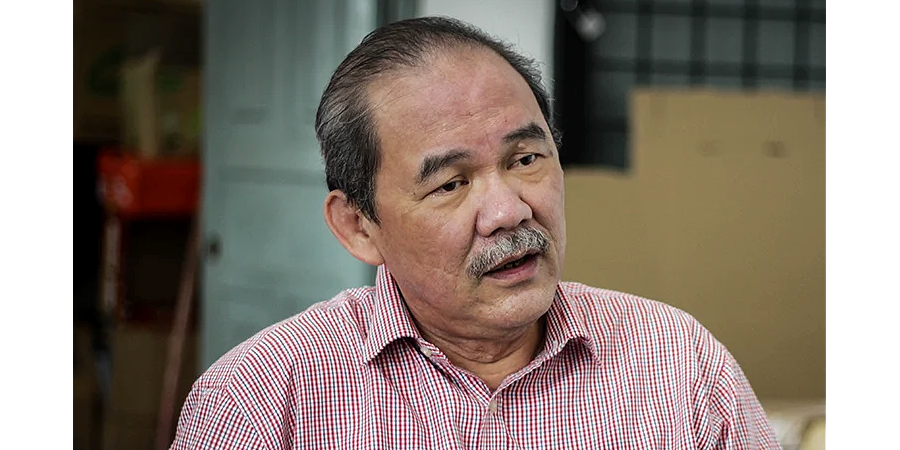
The report that Prime Minister Anwar Ibrahim has expressed concern over the arrests of two officers from the Malaysian Defense Intelligence Organization (MDIO) should not surprise anymore.
After all, this is a very serious case, and the prime minister himself has warned that it could pose national security risks.
When intelligence officers, especially from a unit as sensitive as the MDIO are arrested, the implications go far beyond a simple misconduct case.
Firstly, these officers have access to classified information that touches on defense strategies, security operations and even intelligence-sharing with foreign partners.
If such individuals are compromised, the risk of leaks—whether intentional or inadvertent—could jeopardize Malaysia’s security posture and undermine trust with allies.
According to government spokesman Fahmi Fadzil, the prime minister raised the matter at the Cabinet meeting last week after the Malaysian Anti-Corruption Commission detained five senior officers, including the two from MDIO, and five civilians in an operation.
“The defense ministry will provide a full report to the Cabinet after MACC completes its investigation.
Once MACC has conducted its probe, the military will also carry out its own investigation”, said Fahmi.
The arrests raise troubling questions: Were the officers acting alone, or were they part of a larger network? Were they motivated by personal gain, foreign influence or political manipulation? Each possibility poses a different but equally serious risk to the country.
The morale and credibility of the nation’s defense intelligence apparatus could be shaken.
If the public and international partners start doubting the integrity of MDIO, confidence in Malaysia’s ability to safeguard sensitive matters weakens.
For these reasons, it is no surprise that the PM is deeply worried. He knows that such breaches are not just disciplinary issues but matters of sovereignty and national security.
The real test now is how decisively and transparently the government handles the case, balancing the need for public accountability with the imperative of protecting secrets.
It is also interesting to note that previous MDIO-affiliated cases have occurred.
An online search reveals that the most prominent involved high-level intelligence officers charged with corruption—one pleaded guilty and received a fine, another was acquitted, and a third’s status is unclear.
These cases illustrate the justice system’s handling of sensitive breaches within national security circles, and they provide a pertinent benchmark for anticipating how the current smuggling-related case may unfold.
The key question that must be asked now is how to prevent such cases from recurring.
It is no surprise if some may argue for a total revamp of the MDIO. I would suggest that too, after learning that such breaches from within the organization have occurred at regular intervals.
Then again, I am also aware that tearing down an entire institution risks losing decades of experience and critical intelligence networks.
What is needed instead are targeted reforms that strengthen oversight, accountability and integrity within the organization.
Rigorous and continuous vetting of personnel. not just at the point of entry but throughout their careers, must be a priority. Lifestyle checks, financial monitoring and periodic security clearance renewals should become the norm.
A parliamentary oversight committee or an independent inspectorate could be empowered to review MDIO’s conduct, striking a balance between confidentiality and accountability.
This would align Malaysia with practices in other democracies where intelligence units are closely supervised without compromising operational secrecy.
Ultimately, no system of rules or structures will succeed unless the culture within the MDIO itself changes.
Officers must be imbued with a sense of professional pride and moral duty that outweighs personal temptation.
Ethics training, stronger whistleblower protections and clear internal reporting channels would go a long way in instilling that culture.
A full “revamp” of the MDIO may sound appealing, but what Malaysia really needs is not demolition, but evolution—a defense intelligence organization that is both effective and beyond reproach.
I find it necessary at this juncture to issue a fair challenge to the Anwar Ibrahim administration.
The current government rode to power on the promise of reform, transparency and the strengthening of democratic institutions.
Yet, when the security establishment itself—especially an outfit as sensitive as the MDIO—is rocked by scandal, it raises doubts about whether reforms have truly permeated the most critical organs of state.
If the Madani government is serious about living up to its reformist brand, it cannot shy away from tightening oversight and modernizing the culture of integrity within the security services.
The nation’s security organizations are not just about safeguarding borders or gathering intelligence. They are also the custodians of public trust.
When officers are implicated in corruption, abuse of power, or worse, the damage is not just institutional—it reverberates across Malaysia’s diplomatic credibility and defense posture.
Allies may think twice about intelligence-sharing, while the public may question whether the system is truly serving the nation’s interests or merely being exploited for personal gain.
This is why PM Anwar and his administration cannot afford to be complacent.
Reforms must be more than slogans; they must translate into concrete measures: stronger vetting processes, parliamentary oversight committees, whistleblower protections, and leadership appointments based on merit rather than connections.
The Madani government has framed itself as a reformist force, but unless it demonstrates political will to address rot in the security sector, the rhetoric will ring hollow.
In the end, safeguarding Malaysia’s security is not optional. It is paramount, and the time for action is now.
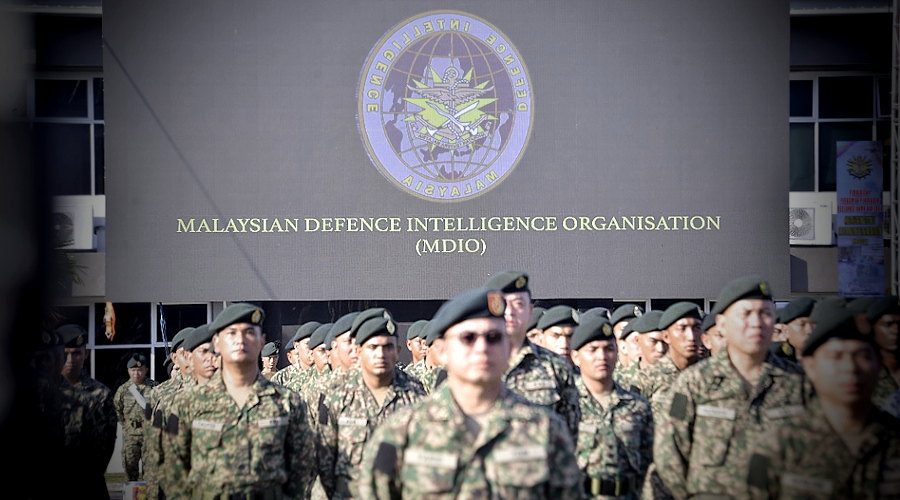
(Francis Paul Siah is a veteran Sarawak editor and currently heads the Movement for Change Sarawak, MoCS. He can be reached at [email protected].)
ADVERTISEMENT
ADVERTISEMENT








